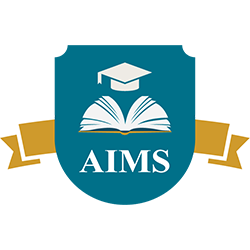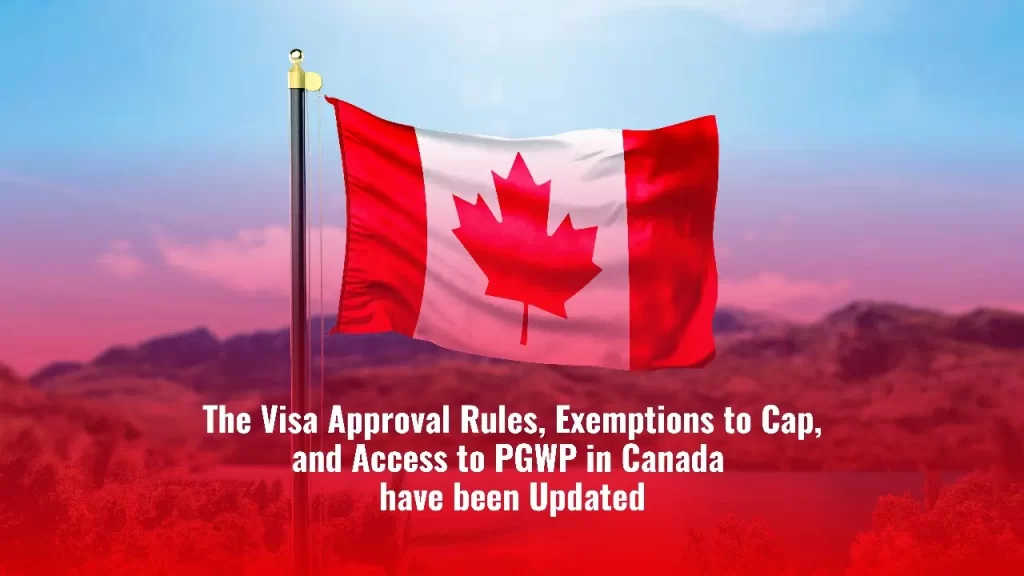Do you want to study in Canada for the upcoming intake? Canada’s IRCC wants to hear from colleges and universities about a proposal to give them only 10 days to check the letter of acceptance. This will help to get visas processed faster once provinces confirm study permit allocations by late March.
During a regular town hall meeting about changes to the study visa system, a representative also said that every province and territory has reached their limit of study permits. The exact numbers weren’t shared.
In October, a rule was announced that each acceptance letter must be confirmed to fight fraud. This started in December.
IRCC have received concerns from different groups that a large number of study permits will not be given out in time for the spring term in May.
Visa approval rules in Canada
Students visiting or exchanging in Canada for over six months must follow the international study permit limit, confirmed by IRCC. However, some may not need to provide a PAL, as mentioned by the spokesperson.
If an exchange student stays in Canada for less than six months, they don’t need to worry about the cap process. However, if they decide to extend their stay beyond six months, they can apply for a study permit while in Canada. In this case, they won’t be subject to the cap or PAL process, according to the spokesperson.
Key notes of the exemptions in the cap
Students from kindergarten to grade 12, as well as those pursuing master’s or PhD degrees, and certain foreigners who have entered Canada, can apply for a study permit. Only citizens from specific countries can apply for a study permit from within Canada. People with valid work or study permits can also apply for a study permit while in Canada to extend their stay. They are not affected by the cap limit.
Access to PGWP in Canada
Students enrolled in master’s programs that grant degrees are now eligible for a longer post-graduation work permit. This permit has been extended to three years. The government clarified the scope and delivery of these master’s programs.
According to IRCC, master’s programs that grant degrees and last for at least eight months, with scheduled breaks, qualify for the post-graduation work permit starting from February 15th, 2024.
For degree-granting master’s programs like MBAs that are mainly conducted online, the existing policy regarding distance learning rules still applies.
International students need to study at least half of their program either online or in person in Canada. If they study online from outside of Canada before August 31st, 2024, it will count toward their PGWP in Canada, as long as it’s less than half of their total study time.
Spouse work rights in Canada
Soon, only spouses and partners of students studying master’s, doctoral, or professional degree programs like Law or Medicine will be eligible for open work permits. More information will be provided closer to when this change takes place. The spokesperson also supported the choice to limit access to PGWP in Canada, despite concerns from stakeholders who felt it overlooked the economic opportunities for spouses.
Stay tuned to AIMS Education to get more updates about the Canadian immigration system or PGWP in Canada.
FAQ
What is the update for PGWP in Canada?
Ans: Students enrolled in master’s programs that grant degrees are now eligible for a longer post-graduation work permit. This permit has been extended to three years.

AIMS Education is a reliable study abroad consultancy firm guiding students in selecting courses, and universities and helping them apply and secure their student visas. Also, AIMS Education is a British Council-certified agent and is listed on the British Council’s global agent list. We provide student recruitment services in the UK, USA, Australia, Canada, Hungary, Poland, Denmark, Malta, Finland, France, Germany, Austria, Spain, Sweden, Malaysia and UAE. Not only this but also AIMS Education is an ICEF Accredited Agent, UCAS Registered Centre, Expatrio Partner, PTE and Language Cert Partner. With an almost 98% student satisfaction rate and 10+ global awards, AIMS Education is now a name of trust among study abroad aspirants.

